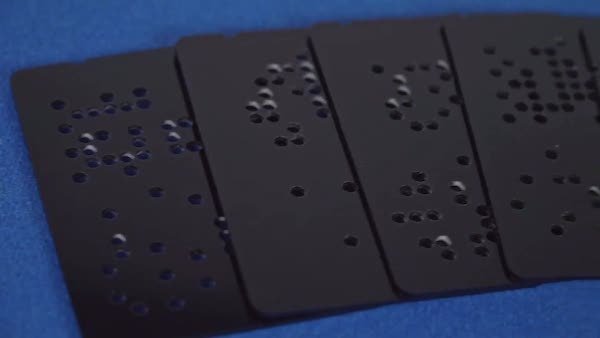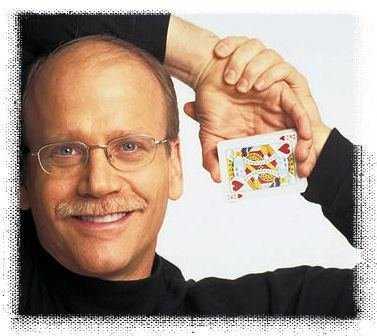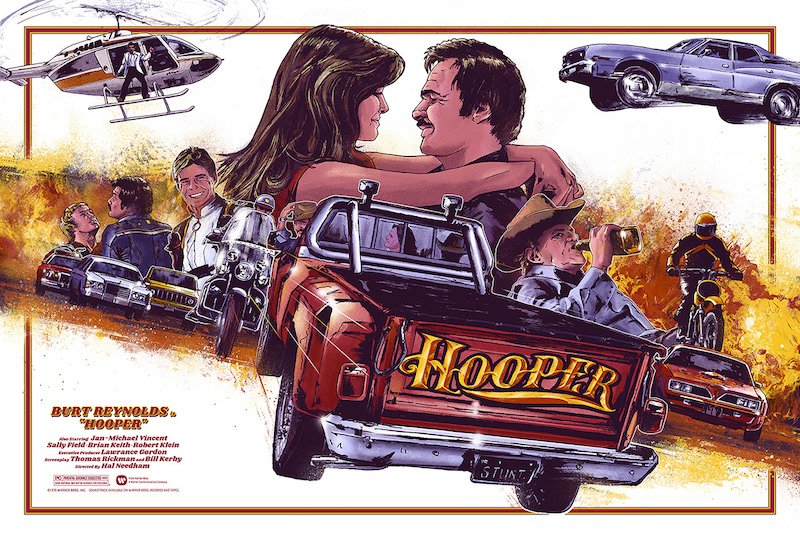Hardcore Rationalizing
/I saw my favorite type of hardcore rationalizing on the Magic Cafe recently. It was in a thread for a trick called Overdraft.
It’s a trick with credit cards. They change color and change places among other things. I don’t really have anything to say about the trick because I don’t own it or have any particular thoughts on it. But in the discussion over on the Cafe, they were talking about examinability and we got this post:
“If you are able to build your routine that allows the spectators to handle the props during the routine, there is no need to hand them out for inspection.
I just don't grasp the constant need to hand everything out to be inspected. In my opinion, when constantly handing the props out; allow people to enjoy the magic moments and don't ruin it by offering inspection, they know magic is not real and by handing the items out all the time, IMHO, one is just presenting puzzles.”
I’m not going to call the author out by name (it’s easy enough to figure out if you care). But do I think the writer really believes what he wrote? Hmmm… you know when a woman will say about her abusive husband, “He beats me because he loves me!” I think the person who wrote that post believes it in that way. He wants it to be true. But it’s not.
The first sentence is just objectively inaccurate. “Handling” an object early on in a routine does not negate the power of having the object examined after the magic. Handling ≠ Examination. That’s because people don’t know what to look for if they’re just “handling” an object. If I said, “The cashier gave you a fake $20 back.” You wouldn’t say, “No she didn’t! I handled it!” You’d say, “Hold on, let me get a look at that.”
The other paragraph there is just straight-up nonsense. I don’t think the person who wrote it is dumb. He has just been so thoroughly brainwashed by magic marketers who say things like, “If they want to examine the deck, you need to work on your performance.” If you believe that sort of thing in the least, you are so far away from understanding how real humans think, you have zero chance of truly affecting them with a magic trick.
“[T]hey know magic is not real and by handing the items out all the time, IMHO, one is just presenting puzzles.”
There is not a spectator alive who would have this thought: “When the credit card changed color, it seemed incredibly magical. But then when I got to look at it at the end and see it was really a normal, ungimmicked credit card… then it became just a puzzle to me.” What kind of kicked-in-the-head-by-a-donkey, brandead dipshit would your spectator have to be to think that way?
This idea that people “know magic isn’t real” so you don’t need to go out of your way to present magic in a way that seems real, is insane to me. Why are you bothering to perform the trick with any elements of deception then? Just let them read the instructions.
Certainly you could go overboard with having things examined. You don’t need to force examination down people’s throats. You don’t need to get them to examine things they have no suspicion of. But when the ONLY answer they have in their mind as to what happened is “trick deck,” “trick coin,” “trick credit card,” or whatever, then giving them the chance to examine the object in question is the final step in creating a magical moment for them.











